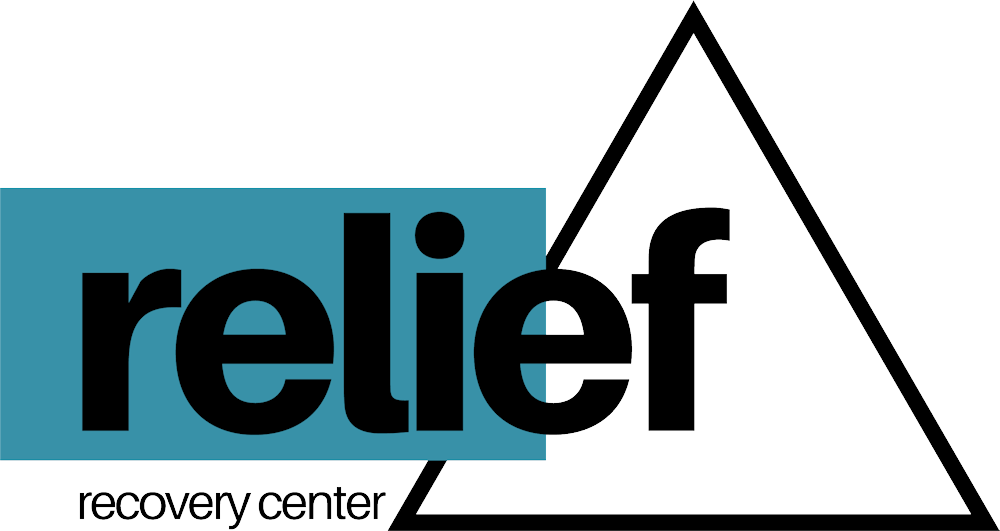Clearing the Path to a Healthier Future
Preparing for a Successful Intervention
When it comes to staging an intervention, preparation is key to ensuring the best possible outcome for your loved one.
This page will guide you through the essential steps of preparation, equipping you with the knowledge and resources necessary to create a supportive and effective intervention:
- Educating Yourself on Addiction
- Researching Treatment Options
- Seeking Professional Help
Educating Yourself on Addiction
Some ways to educate yourself on addiction include:
- Reading Books and Articles: Explore reputable books and articles dedicated to addiction and recovery. They provide valuable information, personal stories, and strategies for supporting individuals on their journey to recovery.
- Attending Support Groups: Joining support groups, such as Al-Anon or Nar-Anon, can provide a safe space to share experiences, gain wisdom from others who have faced similar situations, and learn effective strategies for supporting your loved one.
- Consulting with Professionals: Reach out to addiction counselors, therapists, or healthcare professionals who specialize in addiction treatment. They can provide professional insights, answer your questions, and guide you through the intervention process.
Massachusetts Detox Statistics
- In 2020, there were 2,152 opioid-related overdose deaths in MA.
- The age group with the highest number of opioid-related overdose deaths in MA is 25-34.
- In 2019, there were over 17,000 admissions to detox programs in Ma.
- Of those admissions, 57% were for alcohol and 43% were for drugs.
- The average length of stay in detox programs in is 5-7 days.
- After completing detox, it is estimated that 40-60% of people will relapse within the first year.
Researching Treatment Options
Evidence-Based Approach
Evidence-based practices refer to treatment approaches that are supported by scientific research and have been demonstrated to be effective in addressing addiction and promoting long-term recovery. By choosing a program that adheres to these practices, you can have confidence in the quality and efficacy of the treatment your family member will receive.
Specialized Programs
You may find more information on co-occurring disorders here.
Holistic Approach
Addressing the physical aspects of addiction is crucial, as substance abuse can have detrimental effects on the body. Holistic treatment programs often provide medical detoxification services to help individuals safely withdraw from substances and manage any withdrawal symptoms. They may also offer comprehensive medical care to address any physical health issues resulting from addiction.
However, a holistic approach goes beyond addressing physical symptoms alone. It recognizes that addiction is often driven by underlying emotional and psychological factors. Therefore, these programs incorporate therapeutic interventions such as individual counseling and group therapy to help individuals explore the root causes of their addiction, develop coping mechanisms, and acquire the necessary tools for sustained recovery.
Supportive Environment
First and foremost, consider the quality of the staff at the treatment facility. Look for programs that have a team of experienced and compassionate professionals who are knowledgeable about addiction and recovery. These staff members should be trained to provide the necessary support, guidance, and expertise throughout the treatment process. A caring and competent staff can make a significant difference in creating a supportive environment that fosters healing and growth.
Another important factor to consider is the availability of support groups within the treatment facility. Support groups, such as 12-step programs or peer support groups, can offer valuable connections and a sense of community to individuals in recovery. These groups provide a safe space for individuals to share their experiences, receive encouragement, and learn from others who have faced similar challenges. Having access to support groups within the treatment facility can enhance the recovery journey and provide ongoing support even after the formal treatment program is completed.
The overall atmosphere of the facility is also worth considering. A nurturing environment should feel safe, comfortable, and conducive to healing. The physical setting should be clean, well-maintained, and designed to promote relaxation and reflection. Facilities that offer amenities like outdoor spaces, recreational activities, and wellness services can contribute to a holistic healing experience. Additionally, a facility that encourages a sense of community, respect, and empathy among its residents can foster a supportive atmosphere where individuals feel understood and accepted.
Seeking Professional Help
Benefits of working with a professional interventionist include:
- Objective Guidance: Interventionists provide an objective perspective, offering insights and guidance based on their expertise. They can help you navigate the emotional complexities and dynamics that often arise during an intervention.
- Facilitating Communication: A skilled interventionist helps facilitate open and effective communication between family members and the person struggling with addiction. They ensure that each team member’s voice is heard and that the intervention remains focused and productive.
- Structured Approach: Interventionists follow a structured approach, including pre-intervention planning, rehearsal, and execution. Their expertise ensures that the intervention flows smoothly, reducing the risk of confrontations or emotional outbursts.
- Post-Intervention Support: Interventionists continue to provide support and guidance even after the intervention is complete. They assist with the transition to treatment and offer resources to support both the individual in recovery and their family members.
By incorporating the expertise of a professional interventionist into your preparation process, you increase the chances of a successful intervention and a positive outcome for your loved one.
Remember, preparation is essential for a successful intervention. Educate yourself on addiction, research treatment options, and consider seeking the assistance of a professional interventionist. By doing so, you empower yourself with the knowledge and resources necessary to support your loved one on their journey to recovery.
Are you worried about a loved one’s addiction?
Need Help Staging an Intervention?
Additional Resources

Understanding the Need for Staging Intervention

The Intervention Process

